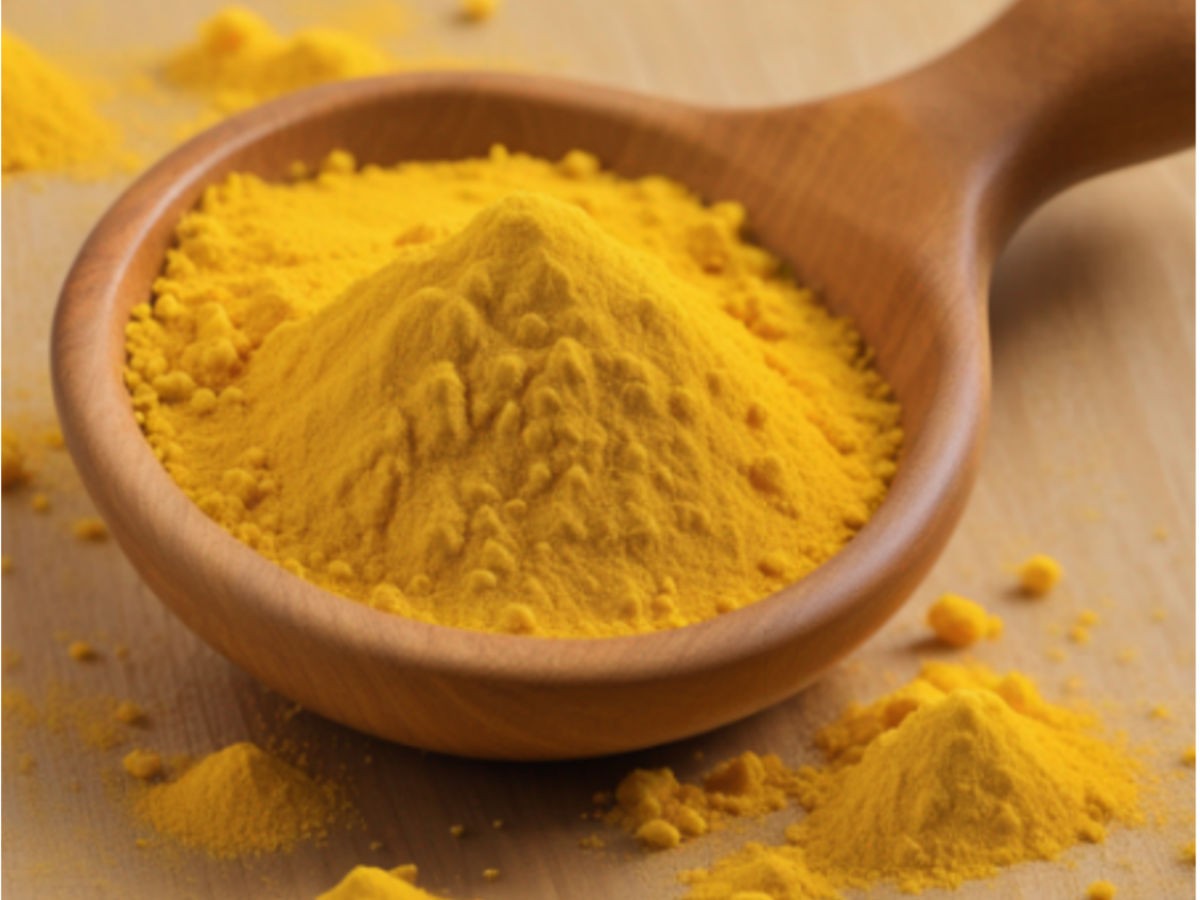Coenzyme Q10 is the third most consumed nutritional supplement worldwide alongside omega-3 fatty acids (fish oil) and multivitamins (1). This is because of its powerful antioxidant properties that provide a spectrum of health benefits, ranging from cholesterol management and cardiovascular health, to muscle recovery and improving skin health.
In this blog, we will explore the world of Coenzyme Q10, including its important role in the cellular activities in our organs and how effective supplementation can improve our overall health.
What is CoEnzyme Q10?
Coenzyme Q10 (also referred to as CoQ10, ubiquinone (oxidised form) and ubiquinol (reduced form), is a lipid-soluble vitamin-like compound that is naturally produced by the body. It has two main functions: (1) as an antioxidant that is capable of protecting cells from oxidative damage, and (2) as a key part in cellular bioenergetics by producing adenosine triphosphate (ATP), a compound which provides energy to cells and supports many cellular processes (2).
As a result, CoQ10 is most commonly found in the heart, liver, kidney, muscles and pancreas – organs which have high metabolic activity. However, with the dependence of most cellular functions on ATP, Coenzyme Q10 is important in maintaining the health of all tissues and organs (3).
The Key Health Benefits of Coenzyme Q10
Several factors may lead to Coenzyme Q10 deficiencies, including genetics, aging, and side effects associated with medicines (e.g., statins treatment, amitriptyline and bisphosphonates) (1). Low levels of CoQ10 had been reported in diseases linked to oxidative stress, such as cardiovascular and neurodegenerative diseases (1). Playing an important role as an antioxidant and in cellular bioenergetics, multiple studies have proven the beneficial effects of CoQ10 supplementation in cardiovascular health, cholesterol maintenance, migraine management, and other emerging medical applications.

Maintaining Good Cardiovascular Health & Cholesterol Levels
CoQ10 is essential in the management of key heart functions (such as heart contractions) (2). Supplementation with Coenzyme Q10 was observed to be effective in protecting against some prevalent cardiovascular diseases, such as heart failure, atrial fibrillation, acute infraction (ischemic stroke) and chronic cardiomyopathy. In a two-year randomised double-blind clinical trial of 420 patients with moderate to severe heart failure, there was a significant reduction in the number of major adverse cardiovascular events (14% incidence for patients supplementing with CoQ10 versus 25% in the control group) (4). A meta-analysis of fifty randomised trials also showed that CoQ10 supplementation is effective at combating high cholesterol, decreasing Total Cholesterol (TC), Low-density lipoprotein cholesterol (LDL-C) and transglyceride (TG) levels (5).
Migraine
There is evidence that migraines can be caused by mitochondrial impairment and oxidative stress (1). Restoration of normal CoQ10 levels can address these migraine sources, with supplemental intake already investigated to have a prophylactic effect. In one study, a 300mg dosage per day of CoQ10 was found to significantly reduce the frequency, severity and duration of migraine attacks (6).
Emerging Applications
Other emerging applications of CoQ10 supplementation include the management of male infertility and improving skin health.
Male infertility induced by oxidative stress can be improved by CoQ10 intake, acting as an antioxidant and pro-motility molecule. Although optimal dosage is still being studied, a dosage of up to 400mg was observed to have an effect on sperm concentration and motility (7).
CoQ10 can be beneficial in addressing skin aging. Dietary supplementation of Coenzyme Q10 showed improved skin smoothness and wrinkles (8). Topical application in the form of skincare products can also increase elastin gene and collagen expressions, serving anti-ageing effects (9).

Conclusions
More research is still being conducted and released on CoQ10 supplementation to this day, with interest remaining high due to its far reaching health benefits.
To maintain a healthy level of Coenzyme Q10 in our bodies, it may be beneficial to consume exogenous sources including food products and supplements.
The suggested daily intake of CoQ10 is usually between 30 to 100mg for healthy people, and up to 300mg in some medical conditions (1). To see if CoQ10 supplementation is right for your needs, consult with your healthcare provider.
Reference List
1. Arenas‐Jal, Marta, et al. “Coenzyme Q10 supplementation: Efficacy, safety, and formulation challenges.” Comprehensive Reviews in Food Science and Food Safety, vol. 19, no. 2, 19 Feb. 2020, pp. 574–594, https://doi.org/10.1111/1541-4337.12539.
2. Kumar, Adarsh, et al. “Role of coenzyme Q10 (coq10) in cardiac disease, hypertension and meniere-like syndrome.” Pharmacology & Therapeutics, vol. 124, no. 3, Dec. 2009, pp. 259–268, https://doi.org/10.1016/j.pharmthera.2009.07.003.
3. Saini, Rajiv. “Coenzyme Q10: The essential nutrient.” Journal of Pharmacy And Bioallied Sciences, vol. 3, no. 3, 2011, p. 466, https://doi.org/10.4103/0975-7406.84471.
4. Mortensen, Svend A., et al. “The effect of coenzyme Q 10 on morbidity and mortality in chronic heart failure.” JACC: Heart Failure, vol. 2, no. 6, Dec. 2014, pp. 641–649, https://doi.org/10.1016/j.jchf.2014.06.008.
5. Liu, Zhihao, et al. “Effects of coenzyme Q10 supplementation on lipid profiles in adults: A meta-analysis of randomized controlled trials.” The Journal of Clinical Endocrinology & Metabolism, vol. 108, no. 1, 7 Oct. 2022, pp. 232–249, https://doi.org/10.1210/clinem/dgac585.
6. Dahri, Monireh, et al. “Efficacy of coenzyme Q10 for the prevention of Migraine in women: A randomized, double-blind, placebo-controlled study.” European Journal of Integrative Medicine, vol. 16, Dec. 2017, pp. 8–14, https://doi.org/10.1016/j.eujim.2017.10.003.
7. Salvio, Gianmaria, et al. “Coenzyme Q10 and male infertility: A systematic review.” Antioxidants, vol. 10, no. 6, 30 May 2021, p. 874, https://doi.org/10.3390/antiox10060874.
8. Žmitek, Katja, et al. “Effects of a combination of water-soluble coenzyme Q10 and collagen on skin parameters and condition: Results of a randomised, placebo-controlled, double-blind study.” Nutrients, vol. 12, no. 3, 27 Feb. 2020, p. 618, https://doi.org/10.3390/nu12030618.
9. Zhang, M., et al. “Coenzyme Q10 enhances dermal elastin expression, inhibits il‐1α production and melanin synthesis in vitro.” International Journal of Cosmetic Science, vol. 34, no. 3, 24 Mar. 2012, pp. 273–279, https://doi.org/10.1111/j.1468-2494.2012.00713.x.
Work with Australia’s Leading Pharmaceutical Manufacturer
Businesses seeking an alternative pharmaceutical manufacturer in Australia need look no further than Lipa Pharmaceuticals. We are an 8-time winner of Australia’s High Quality Manufacturer Award for complementary medicines and have the capability to manufacture high volumes of vitamins, health food supplements, and over-the-counter medication.
With over 30 years of industry experience and fully-equipped production facilities, we can work with your business to produce custom products in a private label or contract manufacturing arrangement. Get in touch with us today to find out how to partner with our cost-effective pharmaceutical manufacturing solutions in Australia.
